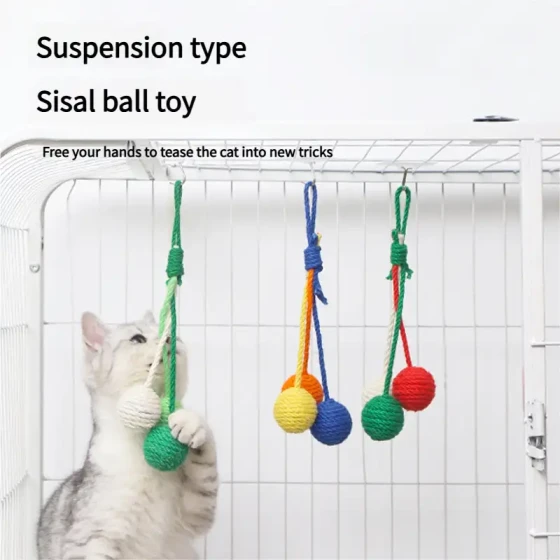Why Rabies Vaccination for Cats Is Not Recommended (Risks and Issues of Rabies Vaccination for Cats)
Rabies is a fatal disease, and many pet owners believe it is necessary to vaccinate their cats against rabies, but is it really needed? Let's take a look at why rabies vaccination for cats is not recommended.
Side Effects

Vaccination may cause side effects, and rabies vaccination for cats is no exception. Possible reactions include pain, swelling, and fever. More severe side effects include allergic reactions and nervous system diseases, which can even lead to death.
Rarity of Rabies in Cats
Although rabies is an extremely dangerous disease, confirmed cases of rabies in cats are very rare. The probability of cats being infected with the rabies virus is extremely low, and even if infected, many cats do not develop the disease.
Transmission and Probability of Cats Getting Rabies
The main way cats get rabies is through bites or scratches, and rabies virus mainly exists in wild animals. If your cat is an indoor cat, the likelihood of it contracting rabies is very small. Even for outdoor cats, the chance of infection is extremely low.
Unclear Immunization Effect
Although rabies vaccines are very effective in dogs, their efficacy in cats has not been clearly verified. Immunization effectiveness in cats is very uncertain, so vaccinating cats cannot fully guarantee immunity nor completely prevent cats from contracting rabies.
Vaccine Is Not 100% Effective
Although rabies vaccines can help cats generate immunity, they cannot guarantee 100% immunity. If the level of rabies virus exposure is very high, the vaccine may not exert its intended effect.
In conclusion, whether to vaccinate cats against rabies should be judged based on actual circumstances. If your cat is an indoor cat or rarely contacts wild animals, the necessity of rabies vaccination is low. But if your cat often goes outside and is prone to contact with other cats and wild animals, then consider vaccinating it against rabies.





